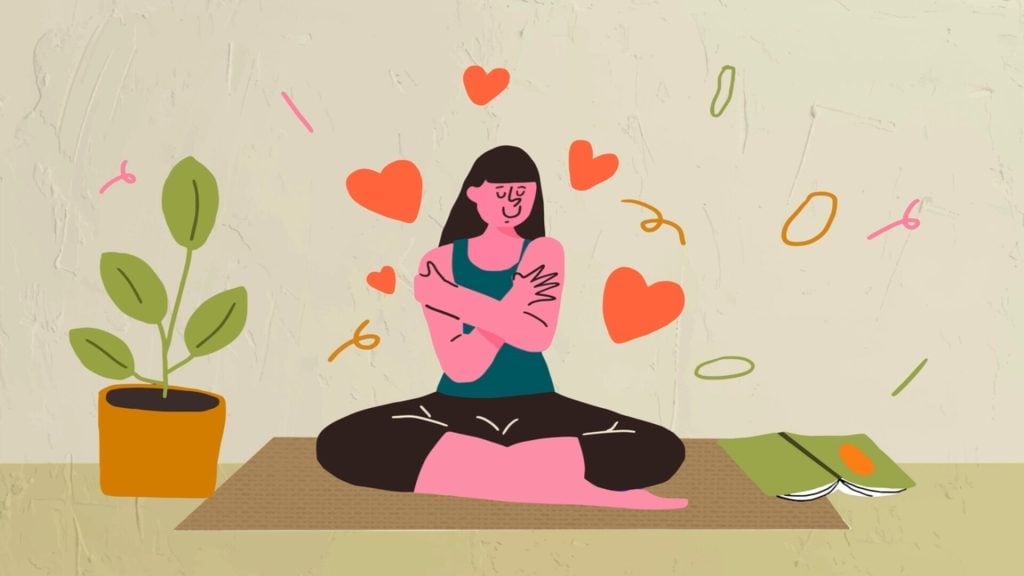On Thursday 10th October, on World Mental Health Day, we held a Twitter chat on the topic of Self Care for Caregivers. The chat was moderated by Vini Doshi, Psychologist and Research Associate with us.
We explored the intersection of self care and community to initiate conversations around building better support systems for caregivers. We also explored the concept of caregivers and how self care can be different for each person. We also looked at how community care and social systems can affect caregivers and the practise of self care. At the end of the chat, the e-manual on “Self Care for Caregivers” authored by Vini Doshi was e-launched. You can read some of the answers and conversations below.
Who is a Caregiver?
Two perspectives were seen to this question. Couple of participants shared that a caregiver is a person who takes responsibility for assisting another person to care for them and support them emotionally and physically. A participant observed that females often take on a caregiving role in relationships, due to an uneven emotional labour.
Another participant shared their understanding of a caregiver from the perspective of having received care, as someone who can be considered a close friend with whom one can share anything, creating a safe space for conversations.
What do you understand as Self Care?
Participants concurred on the fact that self care contributes towards one’s own well-being. They pointed out that it is a conscious process, one that we need to pay attention to inorder to avoid breakdown. Participants shared how each of them practise self care. One expressed the importance of involving rest in everyday life to avoid burnout, another participant shared that self care means being aware of actions and circumstances that affects him personally. The moderator pointed the role of setting boundaries as an important aspect of self care. The moderator also shared that as a caregiver, self care also involves seeking help and sharing insecurities by visiting a therapist.
How can we improve support systems and community care for caregivers?
A participant pointed out that the first thing to do would be to recognise the systems of oppression to create effective community care structures. To clarify a participant’s understanding of community care, the moderator explained community care as community initiatives to care for groups of people. The participant importantly pointed out that queer support groups would then also be considered an important part of community care.
It was also pointed out that the idea of productivity needed to be reframed in the community to avoid resulting in overworking and eventually burnout and exhaustion. However, a participant pointed out that overworking is often a choice that people make as a need to keep up competitive streaks.
What are some self care techniques caregivers can practise?
A participant shared that learning to set boundaries has been an important part of her self-care practice. However, establishing boundaries is accompanied with the guilt of doing so. Thus self-care for her is about dealing with the guilt in a healthy manner.
About the “Self Care for Caregivers” manual
The manual is an introductory manual that hopes to begin conversations and awareness around the need for self care among caregivers. It recognises the individual needs of every caregiver and provides a flexible framework to help and encourage caregivers initiate their journey towards caring for themselves.
The two important concepts discussed are “self care” and “caregivers” to bring about better clarity and awareness among people and to encourage caregivers to identify as caregivers and acknowledge their needs. The manual dispels myths related to self care and provides a scale to identify a caregiver’s level of stress. With the help of the manual, caregivers (and anyone who wishes to) can develop their personal self care plan. With resources and information on conveying one’s self care plan, one can be more assertive to express their needs and may feel better equipped to deal with the resulting anxiety and guilt. You can download it here.
Featured image source: Prism Health
